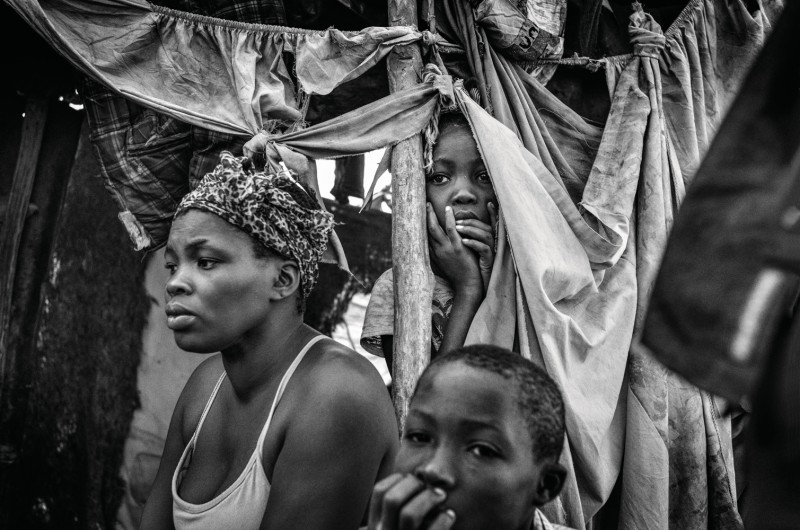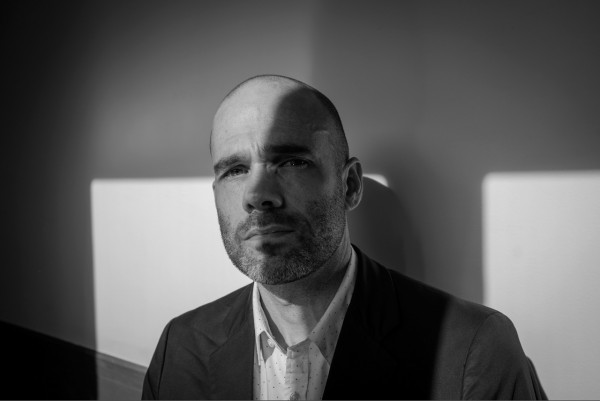The Unwanted
The Unwanted
Patrick Witty
August 12, 2016

The island of Hispaniola was one of the first places where Christopher Columbus set foot on American soil in 1492. Today the second largest island in the West Indies is divided into two countries, Haiti and the Dominican Republic. People who moved to the Dominican Republic to escape the misery of Haiti are constantly exposed to discrimination there. Their situation became significantly worse when around 200,000 Dominicans of Haitian descent had their citizenship revoked in June 2015. Many were forced to leave their homes under the threat of violence, and have now been living for close to a year in makeshift shacks by the border – on the Haitian side. Patrick Witty visited one of the camps on assignment for the New York Times.
“This is the Jean family. Mirlene Lamour with her daughter Yahira and their son Mickenson. The family of seven had lived on a farm in the Dominican Republic but now live in Parc Cadeau after Peres Yves Jean, Mirlene’s husband and the children’s father, was deported.”
Read the full article and an interview with the photographer in LFI 6/2016.
Patrick Witty+-
Born in Glasgow, Kentucky in 1972, Patrick Witty studied photo journalism at Western Kentucky University. Following appointments as picture editor for the New York Times, Time Magazine and Wired, Patrick Witty recently became the Deputy Director of Photography for Digital at National Geographic. More

